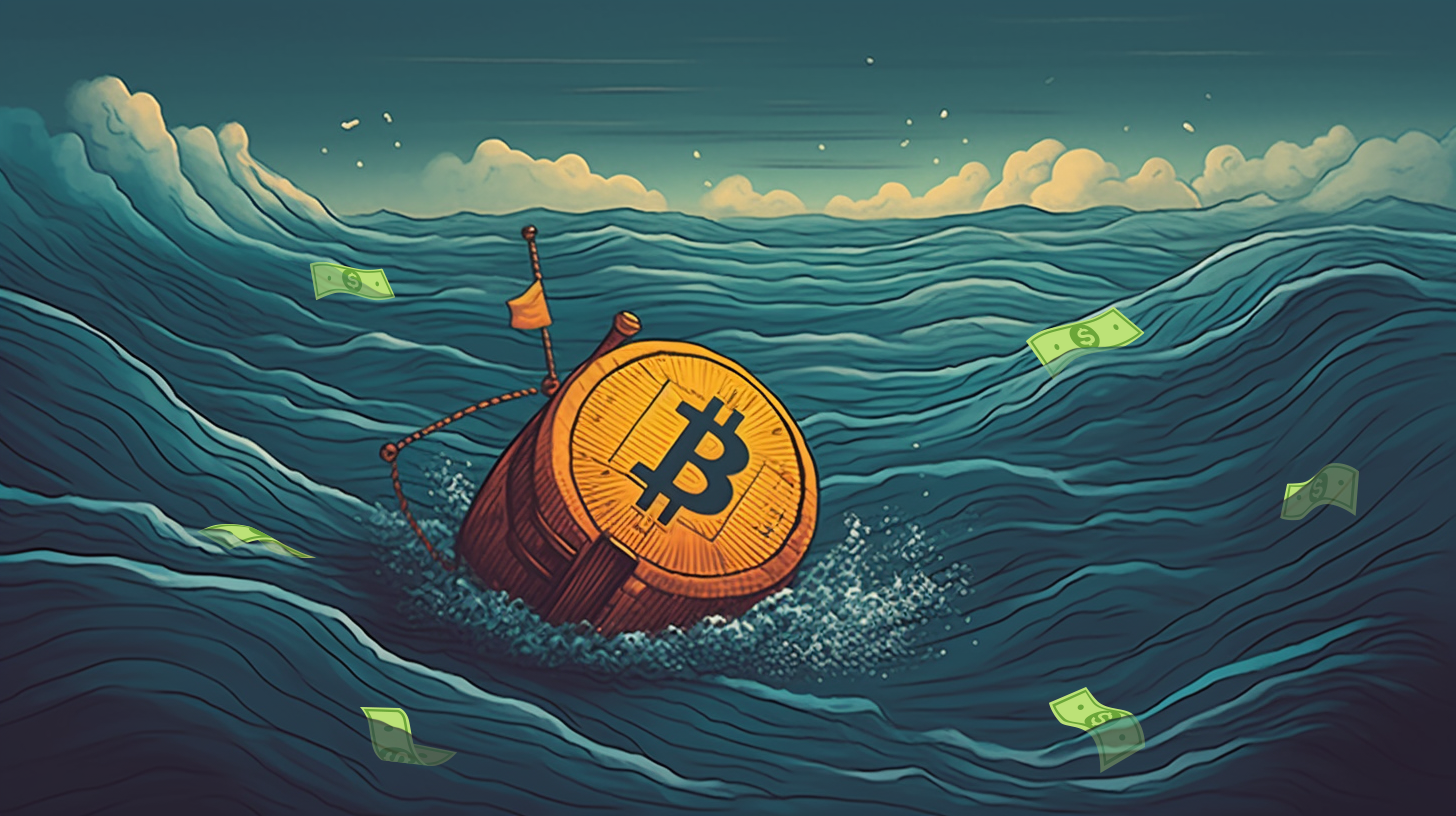Why Bitcoin is the inflation hedge

The entry of BlackRock and many TradFi giants into Bitcoin ETFs highlights the need for diversification in an increasingly restricted world, where access to goods, services, and experiences is being curtailed through higher prices and currency devaluations. Many have argued that Bitcoin is a beacon of hope in a changing world. While many seek a "killer app" for cryptocurrencies, it is essential to recognize that Bitcoin itself can serve as both the infrastructure and application for this rapidly approaching reality. Let’s explore the hypothesis that Bitcoin's decentralised nature and its ability to enable peer-to-peer transactions can make it the ideal alternative to fiat currency in an increasingly restricted global monetary landscape.
Proof of Concept: Silk Road & Bitcoin
To understand Bitcoin's role as the infrastructure and app, we must first acknowledge the significance of Silk Road—a dark web marketplace that operated from 2011 to 2013. Despite its association with illicit activities, Silk Road played a pivotal role in proving the use case of Bitcoin. It demonstrated that a decentralised digital currency could facilitate transactions and preserve user anonymity as well as evade government scrutiny. Although we are in no way condoning illicit trade or currency control evasion, Silk Road's success provided tangible evidence of Bitcoin's potential as a censorship-resistant and borderless currency that could provide payment and transaction guardrails outside of government fiat networks.
Financial Access
In regions where access to traditional financial services is restricted, Bitcoin and stable-coins have emerged as a mechanism for retaining purchasing power. Many countries like El Salvador, Turkey, Argentina and Zimbabwe have faced eye-wateringly high rates of inflation where their local fiat currencies have become virtually worthless due to their government’s outstanding debts and loans. Bitcoin for their people is a means to avoid hyper inflation and protect their savings in a monetary form that preserves value. Countries facing economic challenges, political turmoil, or strict financial regulations are leveraging digital assets such as Bitcoin and stable-coins to enable transactions and maintain access to goods and services. Bitcoin's decentralised nature allows individuals to transact without relying on traditional banking systems, offering a lifeline to those in need and for those whom hyperinflation is a huge threat to their financial survival.
CBDCs & a decentralised alternative
The current pivot of major economies towards Central Bank Digital Currencies (CBDCs) is an undeniable trend, brought forward by the emergence of Bitcoin and stable-coins. However, the adoption of CBDCs brings potential limitations, such as increased surveillance and control by central authorities and governments. In contrast, Bitcoin provides a monetary life raft without a single point of failure. Its decentralised network, powered by blockchain technology, offers accessibility and financial sovereignty to individuals worldwide. In a restricted world, the importance of decentralised alternative to fiat currencies cannot be overstated.
Inflation & Devaluation
In today’s world, inflation often takes centre stage in discussions around financial instability and economics. However, it is crucial to understand that inflation is not the sole culprit when it comes to maintaining financial stability. Inflation also makes it easier for governments to pay their fiat-denominated debts as inflation reduces the value of their debt over time. Devaluation, the loss of value of a currency relative to other currencies or assets, plays a significant role in financial crises and also enables governments to keep spending over time while preserving debt maintenance payments. This also acts as an engine for export growth as it devalues the costs of their goods and services in other currencies.
Bitcoin serves as a hedge against both inflation and its resulting devaluation. Its limited supply and decentralised nature provide a store of value which is independent of traditional fiat currencies, allowing individuals to preserve their wealth in times of economic uncertainty and high inflation.
Extreme devaluations, governmental overreach, and political instability have profound effects on economies and societies. In such circumstances, Bitcoin emerges as a powerful decentralised alternative to fiat currencies. As citizens witness the erosion of their financial stability and individual freedoms, Bitcoin's decentralised infrastructure and inherent resistance to censorship become increasingly appealing and even necessary to protect their financial privacy. It acts as a catalyst for change, offering an alternative financial system built on transparency, security, and personal autonomy.
Welcome to the "Silk Road World”, a concept that symbolises the transformative potential of Bitcoin in a restricted global world. As the infrastructure and ‘app’ for a rapidly approaching reality, Bitcoin empowers individuals, enabling access to goods, services, and experiences. Its decentralised nature and ability to preserve value make it a life raft amidst economic uncertainties and government overreach. It’s time we embrace the power of Bitcoin and navigate this more restricted world with confidence and resilience.








